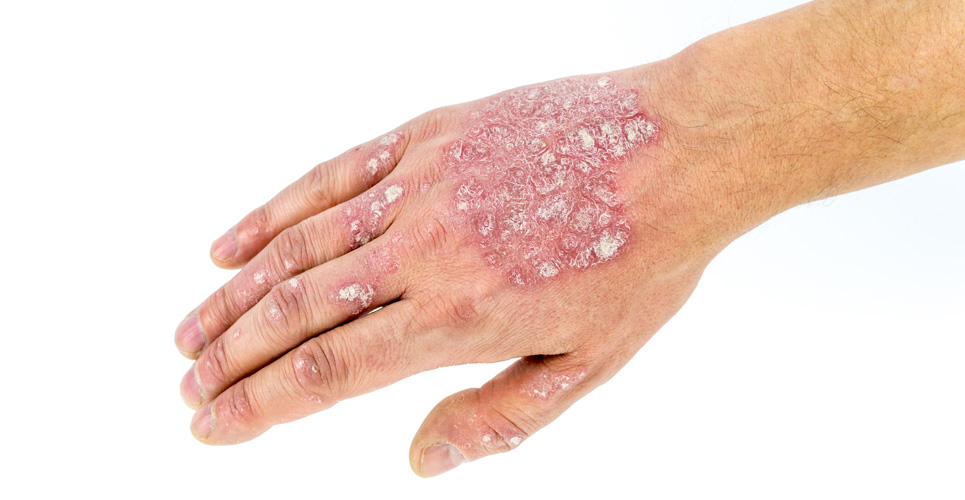The Janssen Pharmaceutical Companies of Johnson & Johnson has announced new data that showed a vast majority of patients with moderate to severe plaque psoriasis receiving Tremfya® (guselkumab), who achieved at least a 90% improvement in the Psoriasis Area and Severity Index (PASI 90) at week 28, maintained a PASI 90 response with continuous treatment through week 72.1
The Janssen Pharmaceutical Companies of Johnson & Johnson has announced new data that showed a vast majority of patients with moderate to severe plaque psoriasis receiving Tremfya® (guselkumab), who achieved at least a 90% improvement in the Psoriasis Area and Severity Index (PASI 90) at week 28, maintained a PASI 90 response with continuous treatment through week 72.1

Findings from the study also demonstrated that a vast majority of patients originally randomised to guselkumab, but withdrawn from treatment at week 28, regained a PASI 90 response within six months of initiating guselkumab retreatment.1 These long-term findings from the Phase III VOYAGE 2 study were presented at the 2018 American Academy of Dermatology (AAD) Annual Meeting in San Diego, California, during a late-breaking abstract session on Saturday 17 February.
“The longer-term data from VOYAGE 2 shows promising results for guselkumab as both a continuous, long-term treatment for moderate to severe plaque psoriasis, and as an option for patients who have been withdrawn from therapy and retreated,” said study investigator Prof Kristian Reich, MD of Dermatologikum Berlin and SCIderm Research Institute in Hamburg, Germany. “These data provide important information to dermatologists should they need to interrupt treatment with guselkumab for a period of time, as the findings demonstrate guselkumab quickly and robustly re-established a PASI 90 response within six months.”
Results from the trial demonstrated that among patients who achieved a PASI 90 response at week 28 with guselkumab, 86% who continued receiving guselkumab maintained a PASI 90 response through week 72, while only 11.5% of patients who were withdrawn from treatment maintained a PASI 90 response.1 Of the 173 patients who were withdrawn from receiving guselkumab, 87.6% achieved a PASI 90 response within six months of commencing retreatment.1
Adverse events reported in at least 5% of guselkumab-treated patients during the first 16 weeks of the VOYAGE 1 and 2 trials included: nasopharyngitis, upper respiratory tract infection, injection site erythema, headache, arthralgia, pruritus and back pain.2,3 No new safety signals were observed with continuous treatment with guselkumab through week 100.4
References
- Gordon K, Armstrong A, et al. American Academy of Dermatology (AAD) 2018 Annual Meeting 16–20 February 2018; San Francisco, USA, ID #6748.
- Reich K and Armstrong AW, et al. J Am Acad Dermatol 2017;76(3):418–31.
- Blauvelt A, Papp KA, et al. J Am Acad Dermatol 2017;76(3):405–17.
- Reich K, Papp K, et al. 8th International Congress of Psoriasis from Gene to Clinic 30 November–2 December 2017; London, UK, ID #75.

